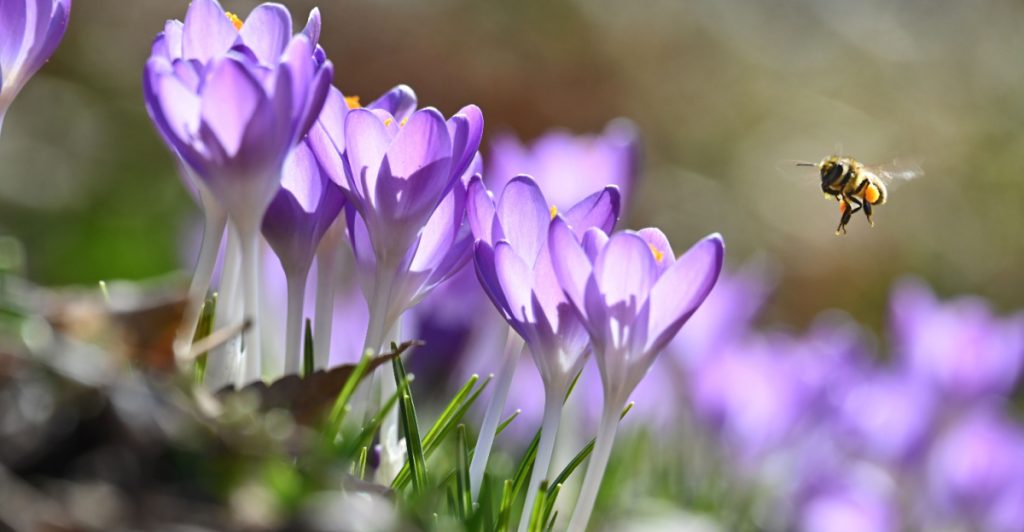Synthetic feed could help stop colony collapse and boost food security
Others are reading now
Honeybees are vital pollinators, yet they continue to face massive losses worldwide due to malnutrition, climate stress, and habitat changes. Now, scientists at Washington State University and APIX Biosciences NV in Belgium have developed the first fully synthetic food specifically designed to meet all the nutritional needs of honeybee colonies. As reported by tech.wp.pl, the solution resembles an energy bar—and may prove critical to preventing the collapse of global bee populations.
The breakthrough was published in Proceedings of the Royal Society B: Biological Sciences, detailing trials in which undernourished bee colonies tasked with commercial pollination rebounded thanks to the new food supplement.
Filling a Crucial Nutritional Gap
Until now, no artificial diet existed that could fully support honeybee health. The new feed is placed directly in hives, where worker bees process and distribute nutrients to both larvae and adults. According to the researchers, this innovation is especially critical during winters and pollen shortages.
“This is a response to land use changes, urban expansion, and extreme weather—all of which are making it harder for bees to access diverse and reliable food sources,” said Brandon Hopkins, co-author and bee researcher at Washington State University.
Also read
The formula mimics natural pollen, including a key ingredient—isofucosterol—which is essential to colony survival. Colonies fed with this enriched synthetic diet survived the entire season without access to natural pollen, while others experienced stunted brood production and collapse.
Over a Decade in the Making
“This is the first time we’ve been able to maintain honeybees on artificial feed,” said Patrick Pilkington, CEO of APIX Biosciences US. “Our product has the potential to redefine honeybee management and improve colony resilience.”
The feed includes a complex blend of nutrients carefully refined over ten years of research and testing. Field trials conducted on blueberry and sunflower crops—both of which produce poor-quality pollen—confirmed that bees consuming the artificial “energy bar” outperformed those on commercial feed or none at all.
Hopkins added that this breakthrough could allow beekeepers to return to crops like blueberries, where pollination had become unprofitable due to colony losses.
With global food systems heavily reliant on pollinators, the new bee “energy bar” may be a crucial tool in the fight to sustain biodiversity and food security.


